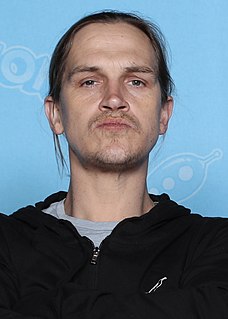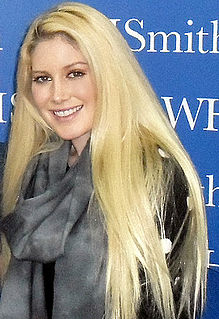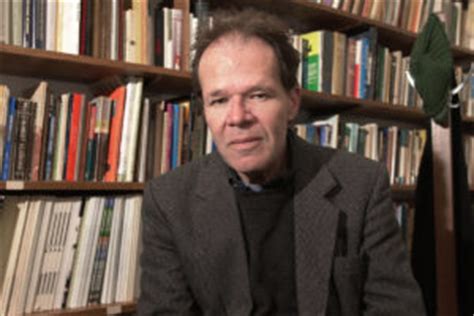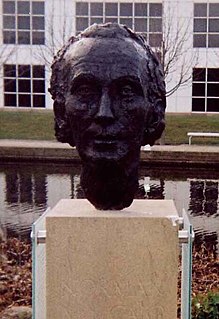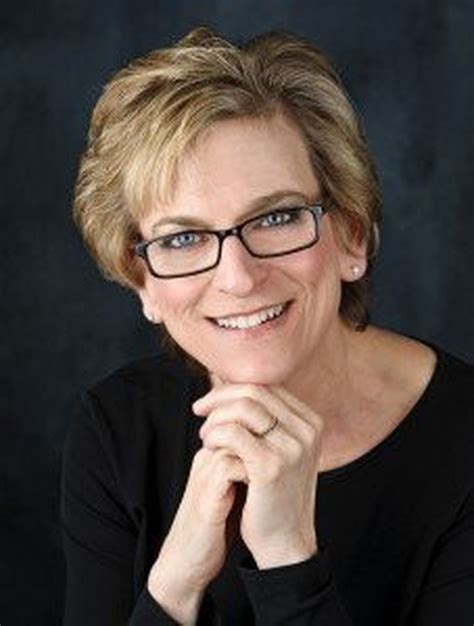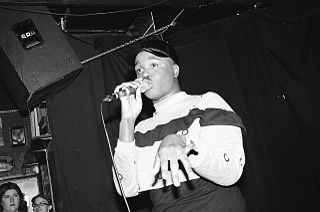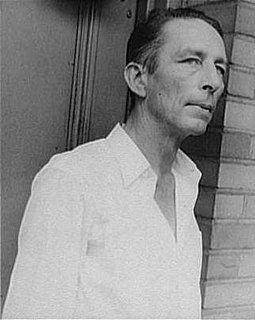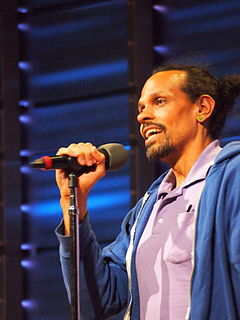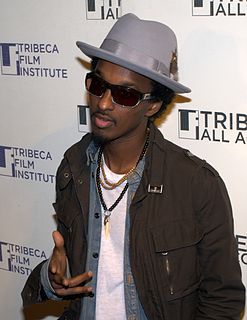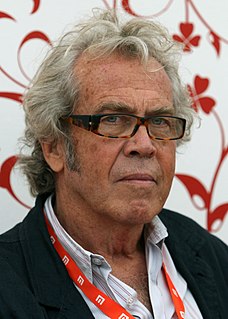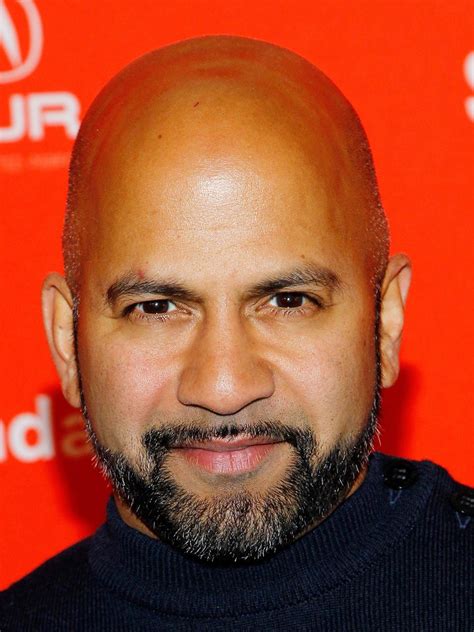Top 1200 Poetry Reading Quotes & Sayings - Page 5
Explore popular Poetry Reading quotes.
Last updated on November 15, 2024.
Poetry can explain individuals to ourselves, and change our attitudes, and help us see the complexity of the world, but the kind of poetry I follow isn't going to change public opinion directly. Other art forms can - if you're a TV writer, you have some interesting challenges, or if you're a country musician, somebody like Brad Paisley. But poetry not so much.
A glance at the history of European poetry is enough to inform us that rhyme itself is not indispensable. Latin poetry in the classical age had no use for it, and the kind of Latin poetry that does rhyme - as for instance the medieval 'Carmina Burana' - tends to be somewhat crude stuff in comparison with the classical verse that doesn't.
For a lot of people, well-meaning teaching has made poetry seem arcane, difficult, a kind of brown-knotting medicine that might be good for you but doesn't taste so good. So I tried to make a collection of poetry that would be fun. And that would bring out poetry as an art, rather than the challenge to say smart things.
I'm educating myself more about world poetry. I know a lot about contemporary American poetry, so I felt I needed to learn more about figures like Borges, Akhmatova, Neruda, etc. I felt I needed a bigger lens to see poetry through. It really helps to see poetry as a world language, and not just something American.
Poetry is essentially the antithesis of Metaphysics: Metaphysics purge the mind of the senses and cultivate the disembodiment of the spiritual; Poetry is all passionate and feeling and animates the inanimate; Metaphysics are most perfect when concerned with universals; Poetry, when most concerned with particulars.
When you think intensely and beautifully, something happens. That something is called poetry. If you think that way and speak at the same time, poetry gets in your mouth. If people hear you, it gets in their ears. If you think that way and write at the same time, then poetry gets written. But poetry exists in any case. The question is only: are you going to take part, and if so, how?
Poetry at large in America is naturally a reflection of the American system and culture. That's my possibly narrow view of it, or reductive view. But I think for as many portals for critical consciousness in the poetry world and in the American spirit that exist, there's also an over-arching, dominant mirroring, in poetry, of the corporate structure, the capitalist enterprise.
I find it strange that - at least in my take on it - the people who are the most alarmed about the dire times we live in are the ones who seem to be humorless, in their taste for poetry anyway. Humor is just an ingredient. It's always been in poetry. It kind of dropped out of poetry I think during the 19th and up to the mid-twentieth century. But it's found its way back. And it's simply an ingredient.
Speaking of people I had to exclude: Hank Williams. which is to say, songs are part of lyric poetry in my book, my thinking. In fact they are the urgent element of poetry in our time, they carry the most emotion for the most people in our culture. everyone LOVES poetry, because we all love (one form or another) of rock and roll (be it folk to emo to rap). It's all rock and roll and all lyric poetry.
A glance at the history of European poetry is enough to inform us that rhyme itself is not indispensable. Latin poetry in the classical age had no use for it, and the kind of Latin poetry that does rhyme - as for instance the medieval Carmina Burana - tends to be somewhat crude stuff in comparison with the classical verse that doesn't.
For me, poetry has a strong link to my filmmaking. My films learn from my poetry. In poetry, you're free. You start in the corner and you don't know where it leads you. I have no message, I have nothing I want to tell, I just start and I see where it leads, and it's a big surprise and relief if it's good. That's the ideal state for filmmaking.
Sometimes he would advise me to read poetry, and would send me in his letters quantities of verses and whole poems, which he wrote from memory. 'Read poetry,' he wrote: 'poetry makes men better.' How often, in my later life, I realized the truth of this remark of his! Read poetry: it makes men better.
When people decide to talk publicly about poetry as an art form and how it's received, they often get very abject about it: "Nobody reads poetry," and then a thousand people write back, "No, we read poetry." There's an abundance of this negative preaching to the choir, and it's very similar to the experience I'm having.
Some people think that English poetry begins with the Anglo-Saxons. I don't, because I can't accept that there is any continuity between the traditions of Anglo-Saxon poetry and those established in English poetry by the time of, say, Shakespeare. And anyway, Anglo-Saxon is a different language, which has to be learned.




